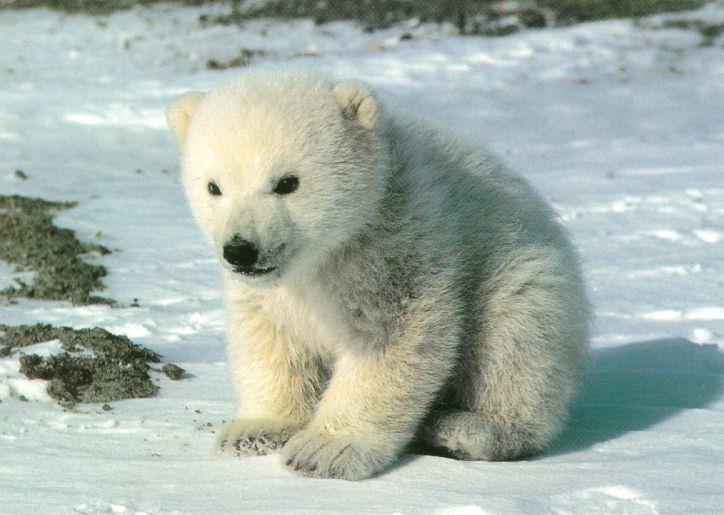

From lions to monkeys, all wildlife animals are being effected in some way by Global Warming! As if these animals weren't already in so much danger, they have something more to worry about. Steven Sanderson, president of New York-based Conservation Society, has to say "Climate change conjures up images of rising sea levels and stranded polar bears. But perhaps the greatest threat will come from emerging infectious diseases as a result of changing temperatures and rainfall levels." at the World Conservation Congress in Barcelona. Causing painful internal hemorrhaging and high fevers, the Ebola and Marburg viruses seem to be the new infection for chimpanzees, gorillas and even humans, after researchers link an unusual pattern between rainfall and dry seasons. But that's not all the trouble, Harmful Algae Blooms also know as "red tides" are. caused by higher sea surface temperatures. These "red tides" conducive cankers that have killed hundreds of fish, make sea mammals struggle, and has increased the deaths among penguins and sea birds.
"We are seeing novel, emerging threats in the form of disease coming out of nowhere and having devastating impacts on animal populations," said Michael Hoffman, a scientist at the International Union for the Conservation of Nature (IUCN) and co-author of a comprehensive study of the survival status of mammals. A survey shows that one out of four animals are endangered and more than half are declining. Mr. Hoffman than tells AFP, "Disease has always had a role to play in affecting populations, but now we are seeing diseases that are highly pathogenic."
A fungus called Chytridiomycosis has wildlife researchers confused as anphibians are suffering the most species loss because of Global Warming. Due to climate change and illegal international trade the diseases if spreading globally, species of the frog, toad and salamander have already been wiped out. Scientist are trying their best to find a cure as many species are still disappearing.
Some researchers have this say about this."Listed as "endangered" on the IUCN's "Red List" an inventory of the survival status of more than 44,000 animals and plants -- its prospects as a species "are extremely bleak," said Simon Stuart, in charge of biodiversity assessment for the IUCN. "Monitoring the health status of wildlife can serve as an early warning system for humans, "said William Karesh, director of global health programs at the Conservation Society."Any disturbance in the environment shows up in wildlife because they don't adapt very quickly or easily," he said.
"We are seeing novel, emerging threats in the form of disease coming out of nowhere and having devastating impacts on animal populations," said Michael Hoffman, a scientist at the International Union for the Conservation of Nature (IUCN) and co-author of a comprehensive study of the survival status of mammals. A survey shows that one out of four animals are endangered and more than half are declining. Mr. Hoffman than tells AFP, "Disease has always had a role to play in affecting populations, but now we are seeing diseases that are highly pathogenic."
A fungus called Chytridiomycosis has wildlife researchers confused as anphibians are suffering the most species loss because of Global Warming. Due to climate change and illegal international trade the diseases if spreading globally, species of the frog, toad and salamander have already been wiped out. Scientist are trying their best to find a cure as many species are still disappearing.
Some researchers have this say about this."Listed as "endangered" on the IUCN's "Red List" an inventory of the survival status of more than 44,000 animals and plants -- its prospects as a species "are extremely bleak," said Simon Stuart, in charge of biodiversity assessment for the IUCN. "Monitoring the health status of wildlife can serve as an early warning system for humans, "said William Karesh, director of global health programs at the Conservation Society."Any disturbance in the environment shows up in wildlife because they don't adapt very quickly or easily," he said.

No comments:
Post a Comment